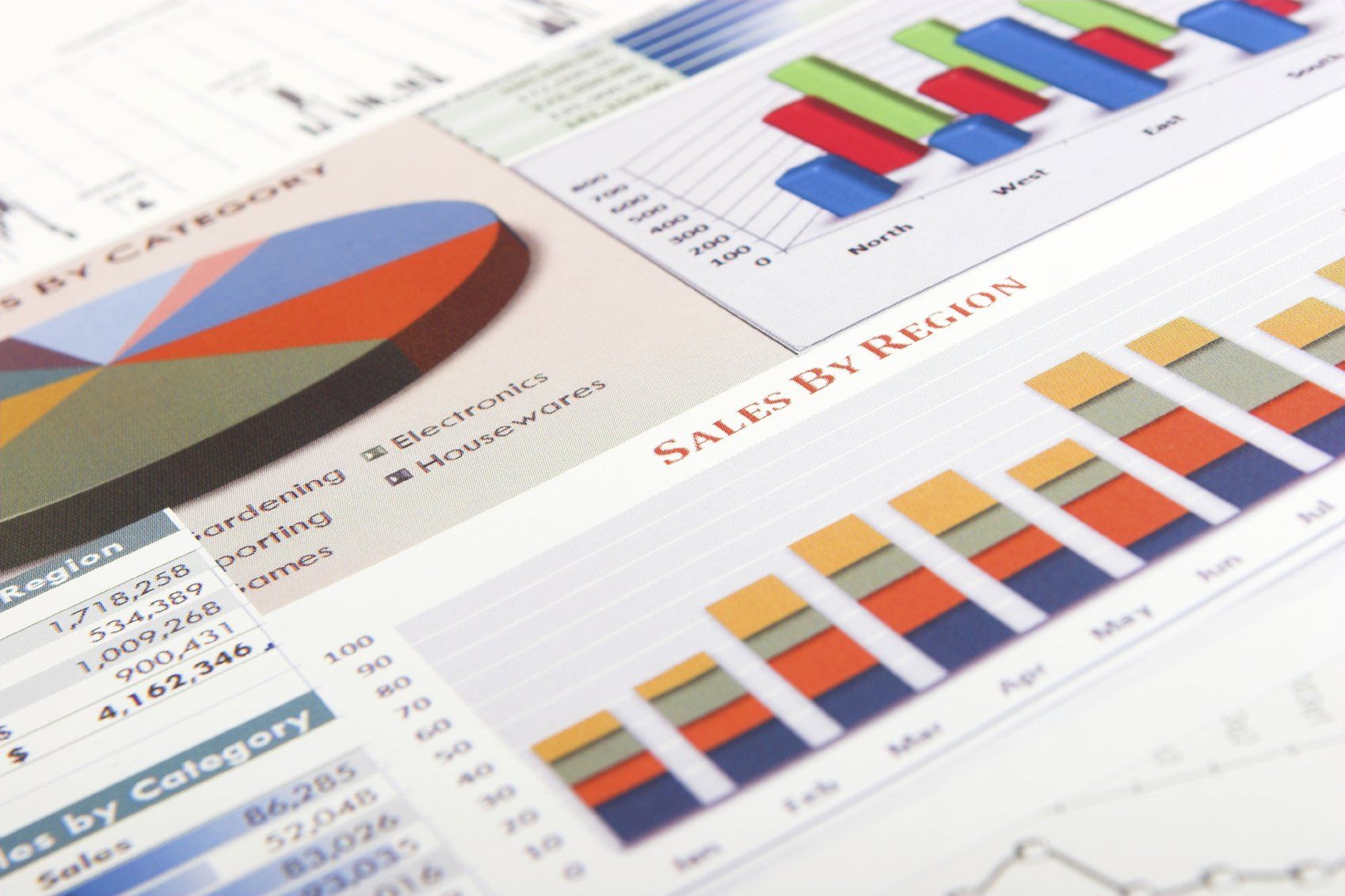Market Understanding
Using data analytics to generate competitive insight

In an era where data is so important, understanding and leveraging it becomes pivotal for any brand aspiring to lead its market. For senior marketing executives, the strategic use of data analytics is not just a tool—it's a compass that guides decision-making, customer understanding, and innovative thinking. This quick guide explores how brands can proficiently utilise data analytics to gain a richer understanding of their markets, customers, and stay ahead in the competitive race.
Deciphering market dynamics
The market is a complex ecosystem influenced by a myriad of factors ranging from consumer behaviour to global economic shifts. Data analytics serves as a key to unlocking these complexities.
- In-depth Consumer Trend Analysis: Utilising tools like Google Trends or social listening platforms, brands can monitor real-time shifts in consumer interests and discussions. This enables them to stay ahead of emerging trends. For instance, a beauty brand can track rising skincare ingredients or techniques and respond by adapting their product development pipeline accordingly.
- Economic and Industry Indicator Analysis: By analysing economic indicators, industry reports, and competitor benchmarks , brands can forecast market shifts. A real estate company, for instance, might analyse housing market trends and economic indicators to predict regional demand, shaping their investment and development strategies.
Profiling and understanding customers
The cornerstone of effective marketing is a deep understanding of who the customers are. Data analytics enables a multi-dimensional view of the customer.
- Advanced Customer Segmentation: Using analytical tools, brands can segment their customer base not just demographically but also based on buying behaviour, lifestyle, and digital engagement. A financial services firm, for example, could segment customers into groups like 'tech-savvy investors' or 'traditional savers', tailoring their communication and product offerings to each segment.
- Behavioural Analytics and Journey Mapping: By analysing customer interactions across touchpoints, brands can map customer journeys. Analytics can provide insights into customer behaviour on websites and apps, helping brands to optimise the user experience. For a retail brand, this might mean identifying friction points in the online shopping process and addressing them to improve conversion rates.
Identifying customer needs
Predicting and responding to customer needs is a critical capability that data analytics enhances significantly.
- Predictive Analytics for Demand Forecasting: Leveraging AI and machine learning, brands can predict future customer needs and preferences. A consumer electronics company, for example, might use predictive models to anticipate demand for new product features, guiding R&D investments.
- Sentiment Analysis for Product Development: Sentiment analysis enable brands to gauge customer sentiment from social media and review sites. This can inform product development, as seen in a software company incorporating user feedback from online forums into their product updates.
Staying ahead of the competition
In a competitive marketplace, being informed and agile is key to staying ahead.
- Competitive Intelligence Gathering: Using analytics tools, brands can track competitors’ digital strategies, from SEO to social media presence. A B2B company might analyse competitor content strategies to refine their own, ensuring they stay ahead in thought leadership.
- Market Share and Performance Analysis: Data analytics can provide insights into market share, brand performance, and competitive landscape. A beverage brand could use this data to understand their position in the market, strategising to capture more share from competitors.
Overcoming challenges and ethical considerations
While data analytics offers immense potential, it comes with its set of challenges.
- Data Privacy and Ethical Usage: In the wake of GDPR and other privacy regulations, brands must ensure ethical data practices. This includes transparent data collection methods and respecting consumer privacy.
- Data Quality and Integration: The quality of insights depends on the quality of data. Brands must invest in suppliers that ensure data accuracy and integration across sources.
Conclusion
For marketing executives, the use of data analytics is integral to developing a nuanced understanding of the market, customers, and staying ahead of the competition. It requires a blend of technological acumen, strategic thinking, and ethical consideration. In today's data-driven world, embracing data analytics is not just an advantage—it's a necessity for market leadership.










